We’re helping Oregon Make Polluters Pay announcing the Climate Resilience Superfund bill

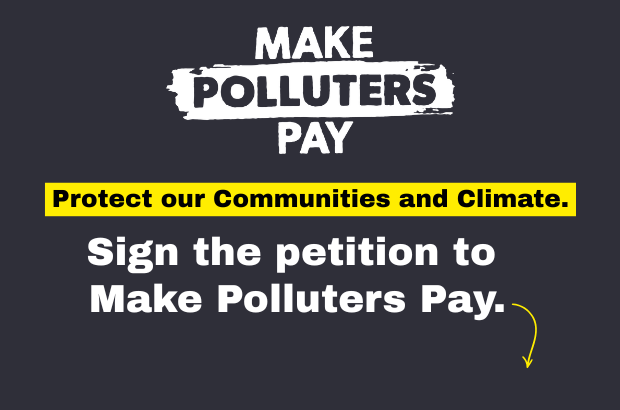
The worsening climate crisis tramples our basic values of safety, wellness, and fairness. It’s well past time that polluters – not Oregonians – pay for the costs of recovery, adaptation, and resilience.

Local governments can play a powerful role in responding to the climate crisis. Here's how Seattle is improving its standards for emissions from buildings, curbing pollution and providing a model for community involvement in charting a path to clean air.
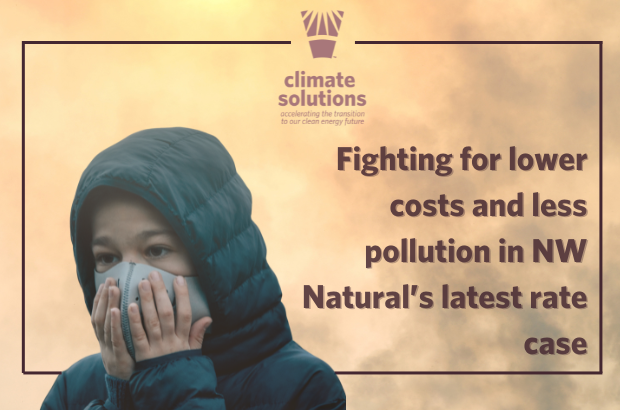
Something is up, and unfortunately, it may be a higher utility bill for Oregon gas customers. In a time when communities are already bracing for Congressional Republicans’ new energy tax hike, NW Natural Gas Company is trying to raise costs on Oregonians as well. Even worse, they aim to raise our gas bills to boost their shareholders’ profits and invest in expensive fuels under the guise of decarbonization, rather than providing lower-income customers with the option to install an energy-efficient heat pump! Climate Solutions does not intervene in every rate case, but when we think there is…
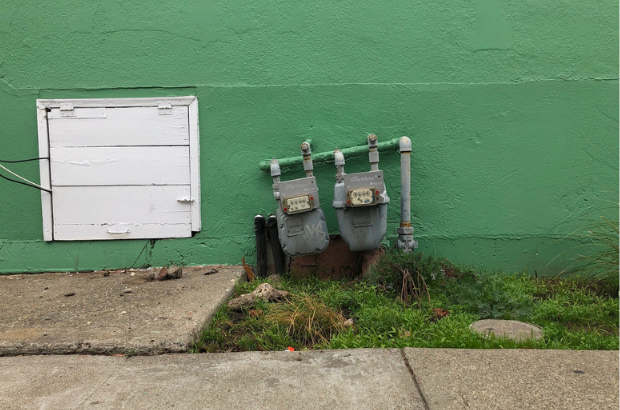
Oregon lawmakers have taken action to improve public oversight of gas utilities’ hydrogen “pipe dreams.”
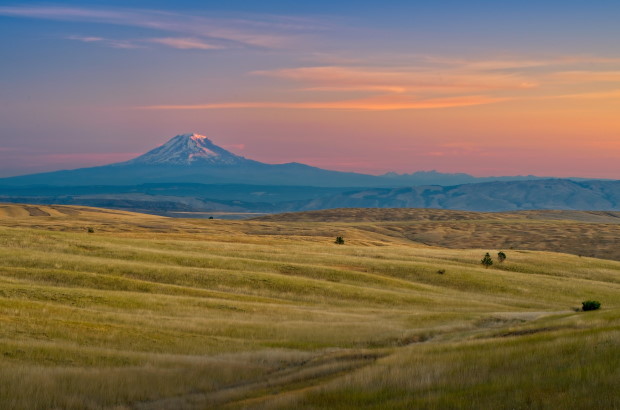
Here’s a quick rundown of what happened — and what didn’t happen — to make further progress on climate during Oregon's 2024 legislative session.
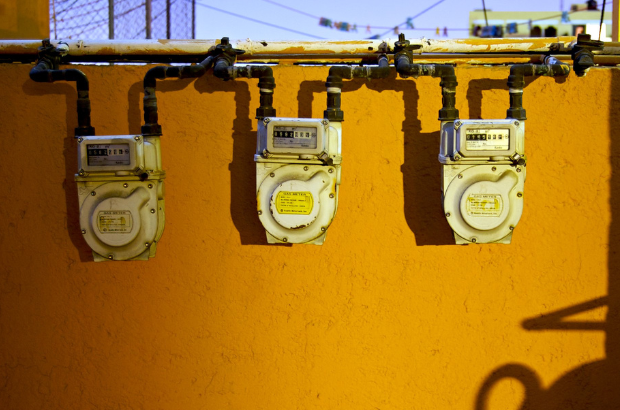
[PRESS RELEASE] A historic settlement in a contested rate case between Oregon’s second-largest gas utility and intervening organizations will require Avista to phase out fossil fuel subsidies, dramatically expand low-income weatherization programs and restrict political spending by the gas company that undermines state climate law.
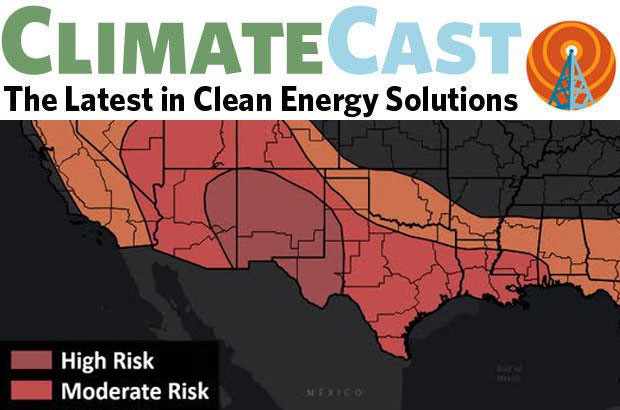
If extreme heat doesn’t freak you out about climate change, your brain may have melted Only a few years ago, it was quite rare to see news weather coverage linking extreme storms or

Since our founding 25 years ago, Climate Solutions has believed strongly in the importance of the business community to drive solutions to the climate crisis.

NW Natural doesn't have a realistic plan to meet Oregon's climate goals. Tell the Commission to send them back to the drawing board.

By denying quorum for the state Senate to do business, Oregon's Senate Republicans have ground all progress in the Oregon legislature — and even the state budget — to a halt. The state’s climate agenda hangs in the balance among many other critical priorities.
Join our email list to learn about what we do and how to get involved.
Local governments can play a powerful role in responding to the climate crisis. Here's how Seattle is improving its standards for emissions from buildings, curbing pollution and providing a model for community involvement in charting a path to clean air.
Only a few years ago, it was quite rare to s
Since our founding 25 years ago, Climate Solutions has believed strongly in the importance of the business community to drive solutions to the clim